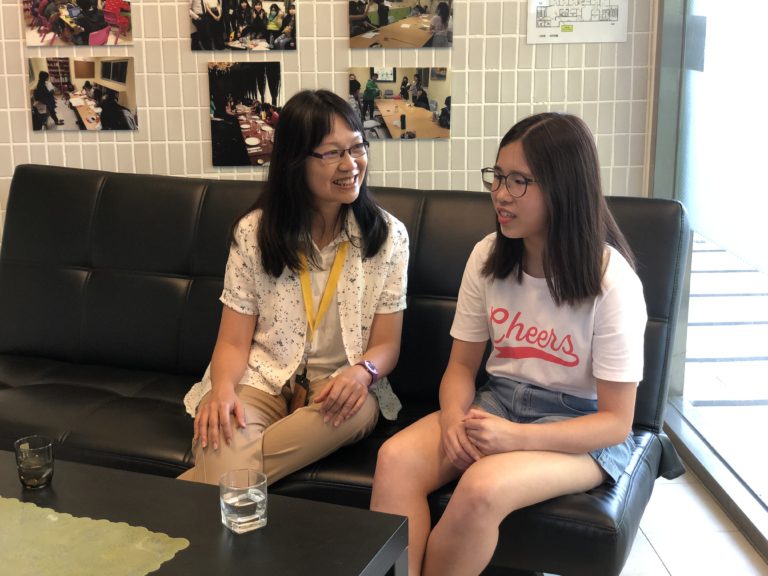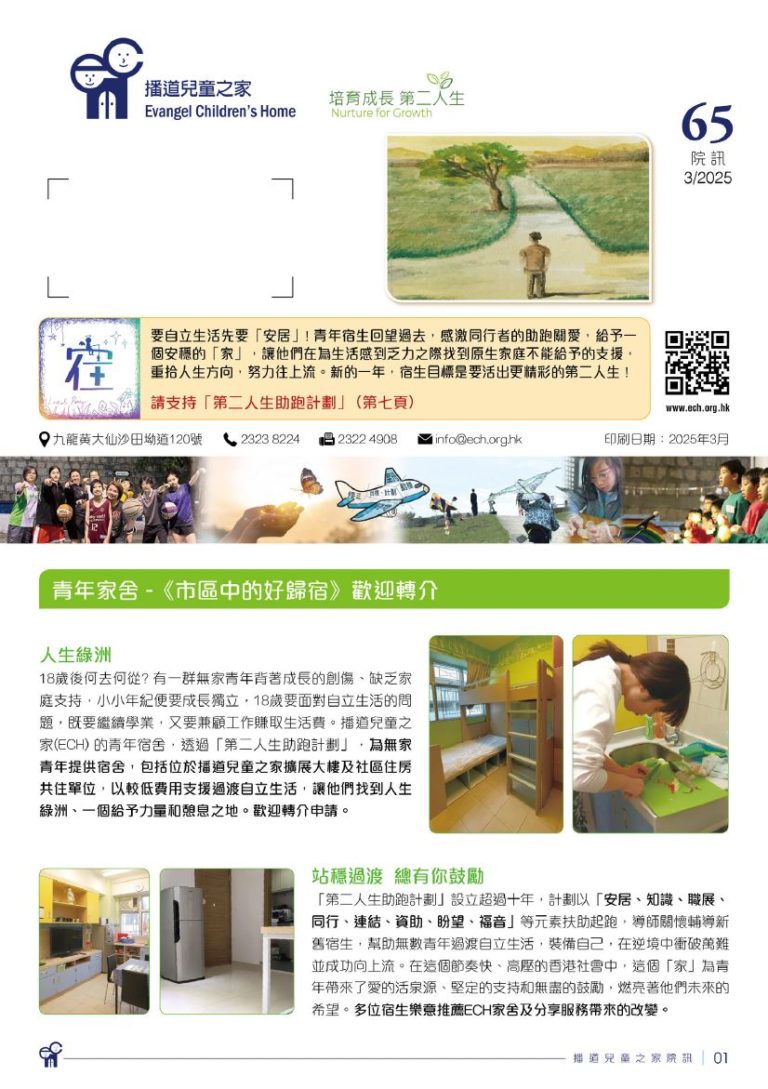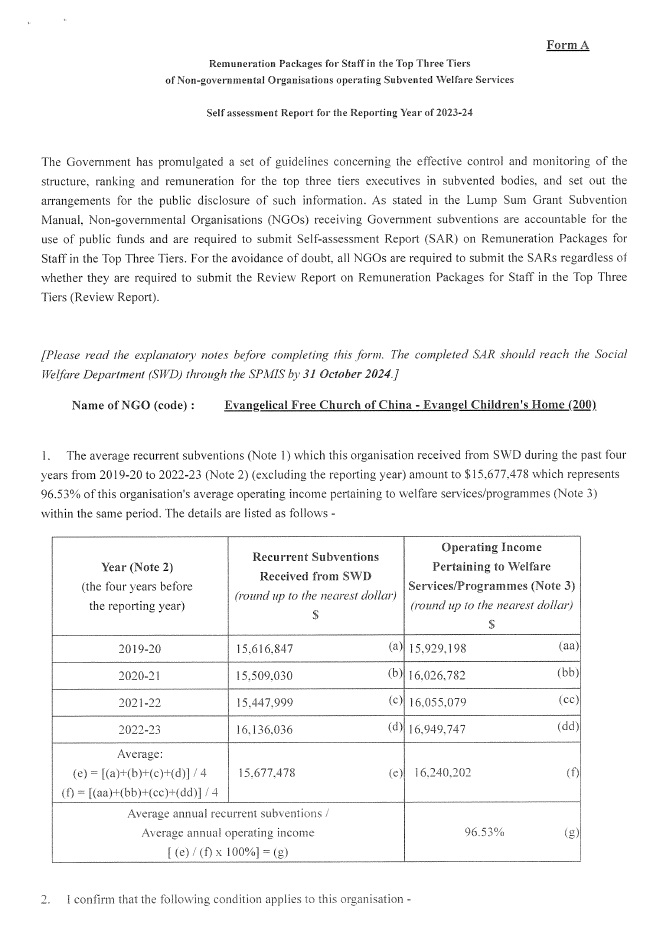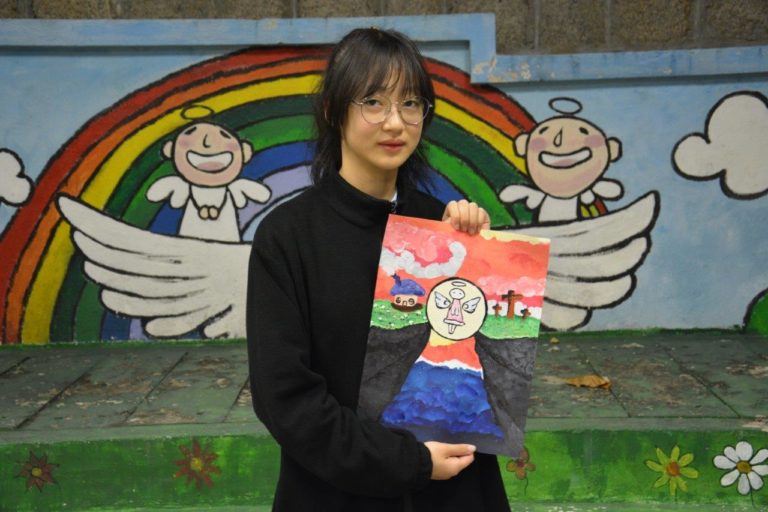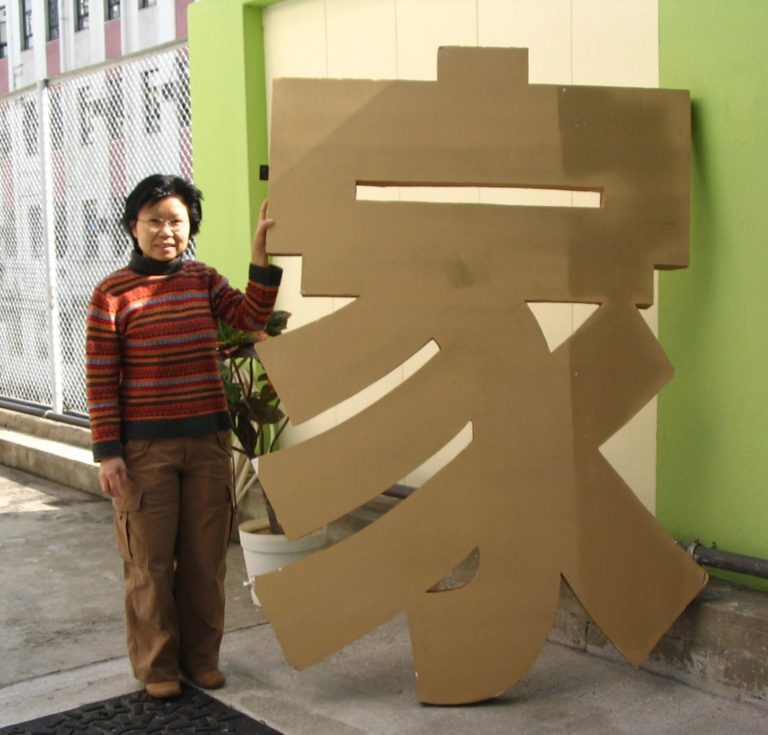By Emma Leung, Youth Ministry in Charge of Evangel Children’s Home
Sally had been staying Evangel Children’s Home ever since Primary 6. By Form 5, she left school without taking the DSE because she could not catch up with the studies. “At that time, I was confused and didn’t know where to go. And my parents suffer from mental illness, it was difficult for me to go home and live with them.” Sally said, frowning, and said sadly.
I don’t know how to get started
At that time, Sally was young, had no working experience, and was unable to return home to live, so she applied for admission to the Youth Hostel of our Evangel Children’s Home. “I change from a full-time student to a vocational youth status. At that time, I am nervous and stressed, and I don’t know how to get started. I have to face employment, earn a living, cope with life issues, be responsible for my life, and have to start a new chapter of my life. But I am not ready.” Sally described her mood at the time. Fortunately, the youth service tutor mastered Sally’s situation, and before she officially joined the workforce, she looked for internship opportunities and applied for salary allowances. There was also career coach who taught Sally how to perform at work and to help her adapt to her new status.
Take the first step
“The youth service tutor helps me find a job to work as a Program Assistant in an E.F.C.C. Family & Community Service Center. Even though I have no idea about the job, I have to try and take a first step.” Sally was happy about her taking the first step. This was a breakthrough for her. During that six-month internship, Sally found that she was not initiative enough and her communication was not clear enough. She believed that she had to learn to be patient, communicate with others, be responsible and be punctual and follow rules.
Inspiring growth experience
Looking back the life at ECH more than ten years before, Sally frankly stated that she was not used to manage money, “In the life at ECH in the school period, I don’t need to worry about money, because the foster home parents will give me pocket money every day, and I don’t have to plan. While transiting to youth hostel, I have to learn to be independent, to be responsible for my own living, think cautiously about how to use money, to allocate savings, shopping, living expenses etc. I’m really not used to it.” In the past two and a half years, the Youth Home Tutor set up a monthly savings target and expenses limit with Sally, so as to reserve for living in future.
“I never understand the establishment of interpersonal relationships and the communication skills. The Youth Home Tutor will take the initiative to talk to me, try to understand what I think, guide me to have a deal with others, teach me how to express myself, take the initiative to coordinate with other flat-mates and accommodate each other. I used to be persistent, but now I learn to accept it because people are not perfect. I used to cry and lose my temper to express my emotions, but now I learn to express it with words. The instructor will teach me to take a deep breath and relax myself, which can immediately relieve stress”, Sally reviewed on her changes.
When Sally is relaxed at home, she and the tutor rap talk to encourage each other…

Go Go Go, Looking For Jesus
Less Less Dislike, More Courage
Try Your Best, Not To Despise Yourself
Less Less Desire, More More Hope, We Shall Look Back Later

Postscript
Young people always face the stage of confusion and bumps in the face of independent life and growth. Most importantly, young people should be ready with the willingness to start a “second life”, try new things and be responsible for themselves. We thank so much Fu Tak Iam Foundation, co-op partners, associated churches, donors and volunteers, for the opportunities given to our foster youth, the “supporting” them and “walking” with them. We wish the “Second Chance in Life” – Transitional Youth Sponsorship Program could bless more youth in need.



